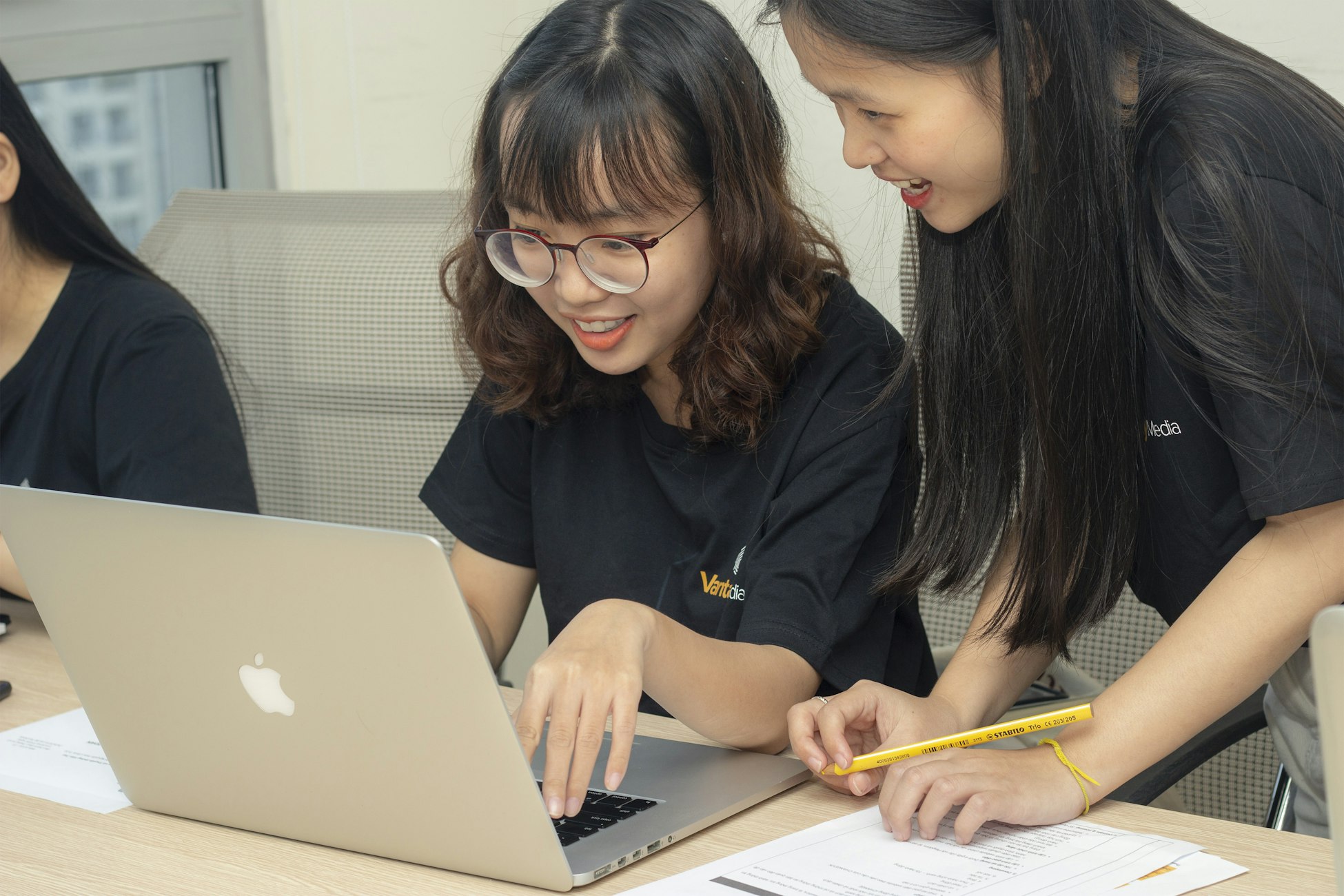

At the post-secondary level, you should consider yourself a professional student and view the next five years as a ‘job’. Learning is work. Here are some of the things that help students benefit the most from their post-secondary education – the students being different/better than when they entered; coming up with different, better informed decisions. This is what we observe the best students understanding and doing. See Bain (2012) for additional ideas. The following points are in no particular order.
You should attend class and focus on the class you are taking. Not everything is in the book and it is possible to actually benefit from the instructor’s expertise if you ask questions and probe the subtleties. Many instructors inadvertently signal what is important and what might be on the test if you pay attention. Pay attention if the instructor repeats something, uses key words like important, critical, or useful. What they slow down on. The examples they use. The common errors they mention. If something said in one class is referenced in a later one.
You should take good notes. What happens in class comes fast, hard, and there is lots of it. Board work, slides, questions, answers, and the instructor speaking. You might think your memory is great or good enough. It isn’t.
You should go to office hours, speak to your instructors one-on-one, ask questions, show interest. You will never be in an environment again with so many subject experts - take advantage of this unique opportunity. Use this option only when you need it. Self-regulating and knowing when to ask for help is key to a healthy school-life balance.

Look at the material before class and try to teach yourself something about the day’s topic. You will get more out of the effort you put into a course and the class time will be more efficient and effective. And, review the material after class - what confused you, what you do not understand, then deal with it.
You will need to have above average time management if you want to avoid cramming and jamming all of the work into the last few weeks of term. Do not blame the instructors for the work load if you had ample time to do it when advised and you decided to procrastinate. Do not cram. Do not pull all-nighters.
You should reset your expectations when you enter university. Most programs assume a 50-60 hour work week for an average student to get an average mark. This is not high school. In the beginning, take it slow. Test the waters to see how much school takes up in your week. Slowly get more and more involved in extra-circulars and other activities once you get a better understanding of you school workload. Realize that your lifestyle from high school to University WILL change. You might have to do this every semester.

Realize that for most knowledge based courses (see Bloom and Krathwohl 1956, where facts, recipe recitation, and memorization dominate), you can actually learn on your own almost all of the topic from the course material and what is online. The basic facts and recipes. You are smart enough. Learn to read with purpose and teach yourself. Do not blame the instructor in knowledge based courses when you should be able to learn it yourself. After all, many knowledge classes have the instructor writing on the board what is in the text and then reading it aloud; what you should be able to do for yourself with respect to the facts and recipes. For the subtle interpretations and insights, you need to be in class!
Dweck, C.S. (2017). mindset – the new psychology of success, Updated Ed., Carol. S. Dweck.
Bain, K. (2012). What the Best College Students Do, Belknap Press, MA.
Bloom, B. S., and Krathwohl, D. R. (1956). Taxonomy of educational objectives; the classification of educational goals by a committee of college and university examiners. Handbook I: Cognitive Domain. New York, NY; Longmans, Green.